Car accidents regularly result in a wide range of injuries. Often, without medical treatment, these injuries can worsen or develop long-term complications. Many accident victims hesitate to get medical attention due to healthcare costs and uncertainty over who might pay their medical bills for the accident.
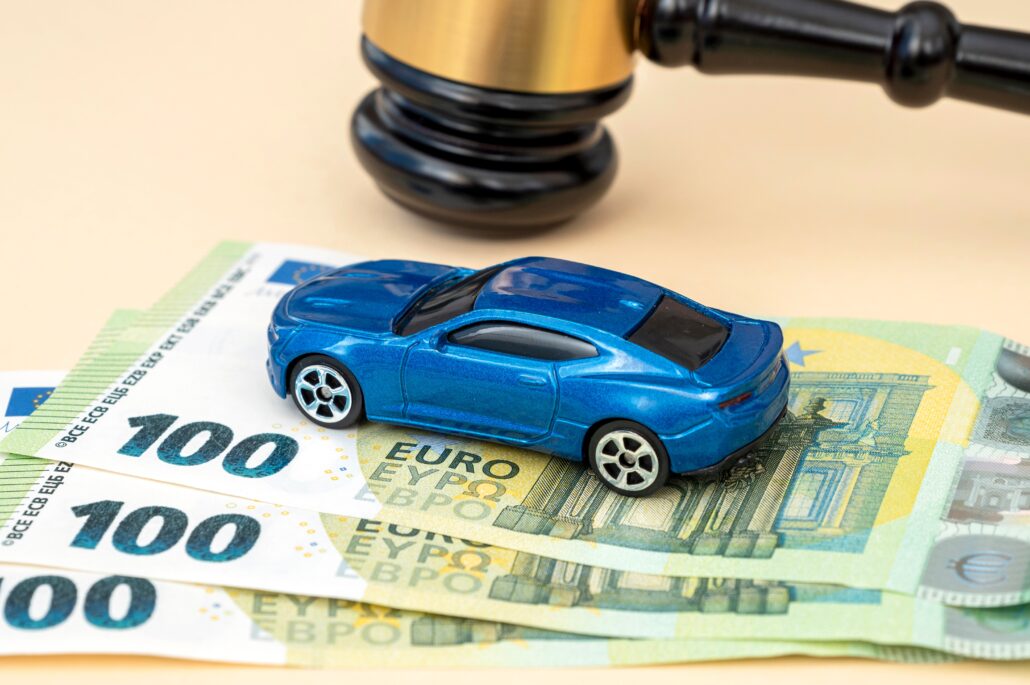
Covering medical expenses is understandably a big worry for many, and understanding the legal process following a crash and how a Bronx car accident lawyer can help can provide some relief during such a stressful time. Never hesitate to consult a car accident attorney in your area to determine whether another liable party should be liable for your bills.
After a collision, always make your health and safety a priority. Seek medical care for your injuries and then put your car accident case in the hands of a trusted attorney.
What is Liability?
In the context of a car accident, liability, in legal terms, refers to the state of being responsible for something, especially in terms of compensating for harm or damage caused. In car accidents, determining liability means identifying which party's actions or negligence played a role in causing the accident and, consequently, the injuries that followed.
The determination of liability hinges on the principle of negligence. Negligence is a failure to behave with the level of care that someone of ordinary prudence would have exercised under the same circumstances.
The behavior typically consists of actions but can also extend to omissions when there is some duty to act with care. For example, if a driver chooses to ignore a stop sign, leading to a collision, this act of negligence directly contributes to the occurrence of the accident.
Similarly, if a driver is under the influence of alcohol or drugs and their impaired judgment results in a crash, their negligence is evident in their decision to drive while unfit.
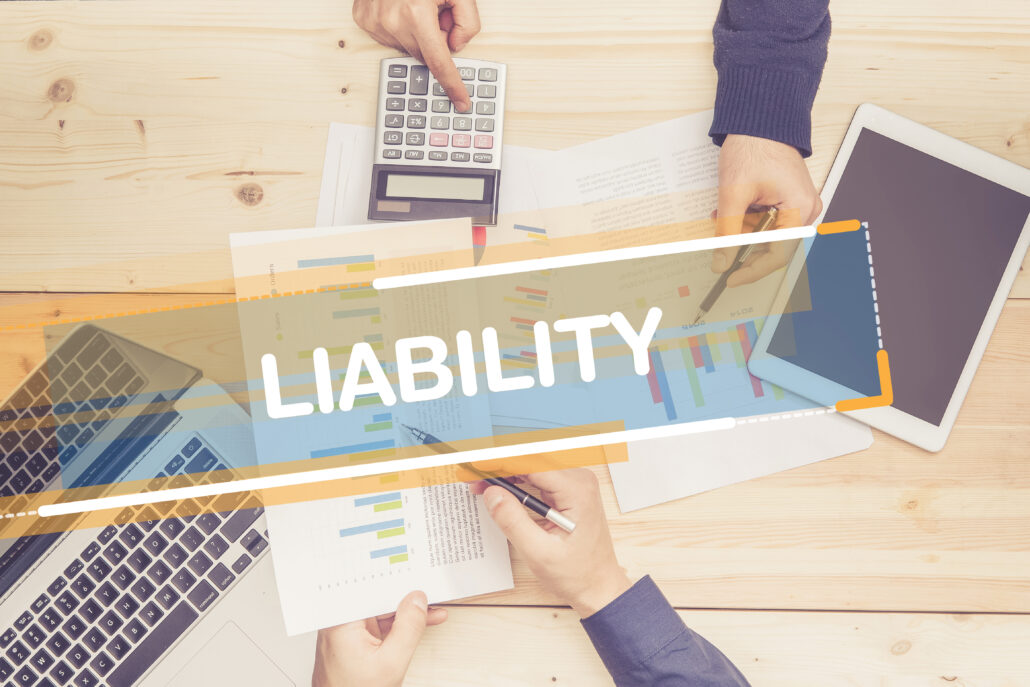
However, establishing liability is more than simply pointing out a mistake. It involves a thorough examination of the circumstances surrounding the accident.
This examination includes, but is not limited to, analyzing the sequence of events leading up to the accident, the drivers' behavior, the road conditions, and any external factors that may have contributed to the incident. Each detail offers insight into how the accident occurred and which party's actions deviated from reasonable conduct on the road.
The process of determining liability requires the collection and analysis of many forms of evidence. This evidence can range from physical clues at the accident scene, such as skid marks and vehicle damage, to digital data, like traffic camera footage and GPS records.
Witness statements also offer unbiased perspectives on the events. Furthermore, police reports provide an authoritative summary of the accident, including observations and initial conclusions by law enforcement officials at the scene.
Once your car accident lawyer establishes and proves liability, it is the basis for the financial responsibility for the damages incurred, including the medical expenses of those injured. It is a principle that ensures that those who suffer harm a result of another's negligence are not left to bear the burden of their injuries alone.
The liable party is legally expected to compensate for the damages through their insurance coverage.
How Liability Affects Payment of Medical Bills
The costs associated with this medical care after an accident can be expensive, including emergency services, hospital stays, surgeries, and any immediate treatments required to address injuries sustained. The financial responsibility for these expenses becomes a pressing issue, and this is where determining liability becomes important.
The liable party, or more precisely their insurance provider, should cover all costs of initial medical care. However, the scope of liability extends beyond just the immediate medical treatment. Injuries from car accidents can have long-term consequences, requiring ongoing treatments, rehabilitation services, and sometimes adjustments to living arrangements to accommodate recovery. The costs associated with these extended care needs can be expensive and ongoing.
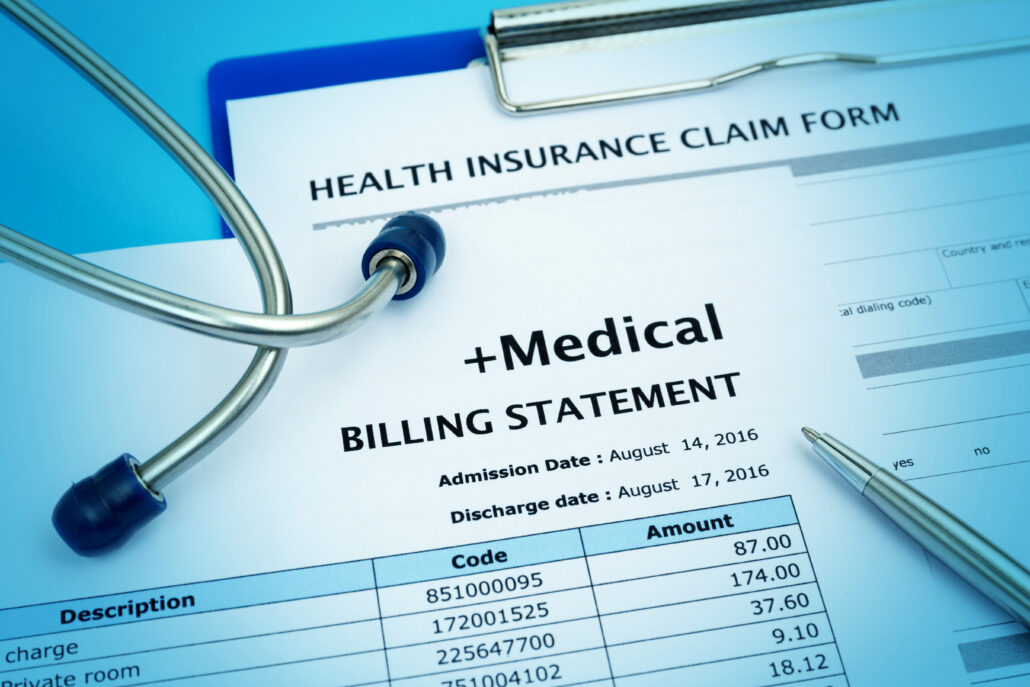
The liable party's insurance is generally responsible for these expenses as well, reflecting a commitment to compensating the injured party fully for the harm suffered due to the accident. This compensation aims to cover all medical needs directly resulting from the accident, ensuring that the injured party is not left to manage these expenses out of pocket.
The payment process can vary. Sometimes, the liable party's insurance company may pay the healthcare providers directly for the costs incurred. This direct payment method can simplify the process for the injured party, relieving them of the immediate financial burden.
Alternatively, the injured party may pay for their medical care upfront and then seek reimbursement from the liable party's insurance. This reimbursement process can be more complicated and may require negotiation and submission of detailed documentation to substantiate the costs incurred.
Direct Payment vs. Reimbursement
Liable insurance companies might settle medical bills in one of two ways: direct payment and reimbursement.
In the scenario of direct payment, the insurance company of the party found liable takes on the responsibility of paying the healthcare providers directly for the costs incurred by the injured party. This approach streamlines the process for the injured person, as it removes the immediate financial burden from them and places it squarely on the shoulders of the insurer.
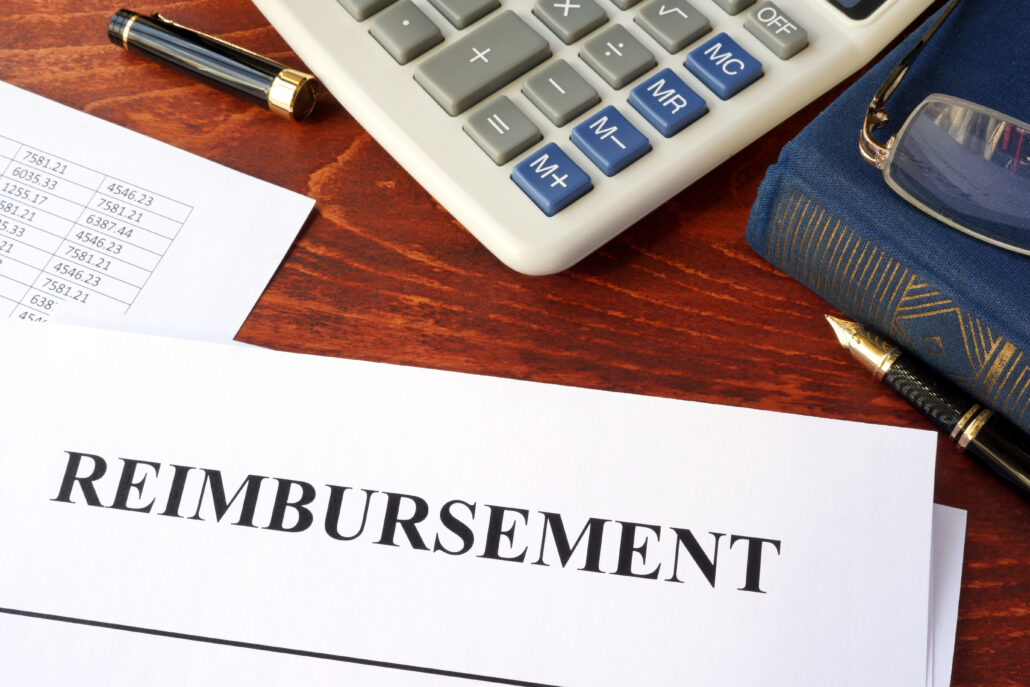
The direct payment method is advantageous in its efficiency and in minimizing the stress on the injured party, allowing them to focus on recovery without the added worry of handling medical bills. However, this method requires clear communication and coordination between the medical providers, the injured party, and the insurance company to ensure that all expenses are accounted for and paid in a timely manner.
On the other hand, the reimbursement process involves the injured party initially covering the cost of their medical treatment out of pocket, then seeking compensation from the liable party's insurance company.
This approach can be significantly more burdensome for the injured person, not only financially but also in terms of the complexity of the reimbursement process. It requires the injured party to keep records of all medical expenses incurred, from hospital bills to receipts for medication and rehabilitation services.
The process of seeking reimbursement typically involves the injury victim submitting a comprehensive claim to the insurance company, detailing the expenses for which they are seeking compensation.
There can be challenges, including disputes over the validity of claims or the extent of compensation. It often requires negotiation between the injured party (or their representative) and the insurance company, a process that can be lengthy and requires a full understanding of the legal rights and entitlements of the injured party.
Legal intervention may sometimes become necessary to resolve disputes and ensure the injured party receives fair compensation for their expenses. This can add another layer of complexity to the already difficult task of recovery after an accident.
How Do I Start the Process of Establishing Liability and Recovering Damages?
The path toward recovery and establishing liability includes several phases, each requiring attention to detail and a proactive approach.
Following the accident, seek comprehensive medical evaluation, even if injuries seem minor initially. This step is important not only for your health but also for establishing a medical record that links your injuries directly to the accident. These records can help you and your car accident lawyer prove the extent of your injuries and their impact on your life.
As you go through the initial stages of recovery, notifying your insurance company about the accident is a necessary step. However, it's wise to approach these communications with caution. Providing a factual account of the incident is important, but avoid detailed discussions regarding fault or the extent of injuries.
Better yet, quickly hire a car accident attorney and have them handle all insurance notifications. Insurance companies, even your own, have a vested interest in minimizing payouts, and early statements can sometimes be used to undermine the value of your claim. If you must seek benefits from your own insurer for any reason, you do not want to say anything that might jeopardize the claim. Put these communications in the hands of your skilled lawyer.
Before dealing with the insurance companies, always hire a car accident lawyer early in the process. They will assess which insurance claims you must file depending on who was liable for your crash. A car accident lawyer can handle all insurance filings and negotiations on your behalf.

A car accident lawyer will assemble your case, from gathering and analyzing evidence to consulting with expert witnesses who can testify to the nature and extent of your injuries. Expert witnesses can help establish liability and ensure that the compensation sought includes all aspects of your losses, including medical expenses, lost income, and pain and suffering.
This analysis can involve reconstructing the accident scene, examining police reports, and scrutinizing witness statements to build a compelling case identifying the responsible party. The objective is to create a narrative supported by evidence that clearly demonstrates the other party's negligence led to the accident and your subsequent injuries.
The process of recovering damages is a negotiation, often resulting in a settlement that avoids the need for a trial. However, the possibility of going to court is still there if the insurance company never offers a fair settlement. Whether through settlement negotiations or court proceedings, the goal remains to secure a resolution that fully acknowledges the physical, emotional, and financial toll of the accident.
Starting the process of recovering damages and establishing liability can be legally difficult and emotionally challenging. It requires resilience, attention to detail, and a commitment to advocating for your rights.
With the right legal support from a car accident lawyer and a thorough approach to gathering evidence and building your case, you can succeed on this path toward a fair and just resolution, ensuring that you receive the compensation necessary to facilitate your recovery and move forward with your life.
Did You Suffer Injuries in Crash? Seek Legal Assistance from a Car Accident Lawyer
After a car accident, you might find yourself facing a long list of challenges, from physical injuries and emotional trauma to the task of paying for medical bills and insurance claims. This period can be incredibly overwhelming.
During these trying times, seek the guidance and support of a skilled car accident lawyer. Seeking legal assistance is not just a step towards managing the immediate logistical concerns but a strategic move to protect your rights and ensure a fair resolution.
A car accident lawyer will serve as your representative, shouldering the burden of legal proceedings so that you can focus on what matters most: your recovery. A lawyer can explain the process of dealing with insurance companies, which often involves decoding complex policies and negotiating settlements with adjusters. A car accident lawyer's experience and knowledge can anticipate and counter insurers' tactics to minimize your compensation.
Also, a car accident lawyer can collect and present persuasive evidence to support your claim. A car accident lawyer will understand the importance of building a compelling case that accurately reflects the extent of your injuries and the impact on your life. This includes not only the immediate medical costs but also the potential long-term consequences of your injuries, such as ongoing care needs, loss of earning capacity, and emotional distress.
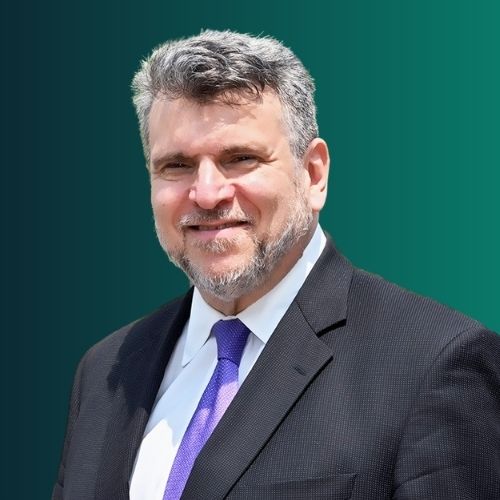
By considering all relevant factors, a car accident lawyer works to secure a comprehensive compensation package that addresses both your current and future needs.
The decision to seek legal assistance also opens the door to legal strategies and options that may not be readily apparent to those without a legal background. Whether pursuing a settlement out of court or taking the case to trial, a car accident lawyer can advise you on the best course of action based on the specifics of your situation.
If your objective is to achieve an outcome that fully compensates you for your losses, seek the guidance of a car accident lawyer who can advocate on your behalf to reach this goal. Hiring an attorney is always financially worth it, as doing so costs nothing upfront, and you never pay legal fees unless you get compensation.



